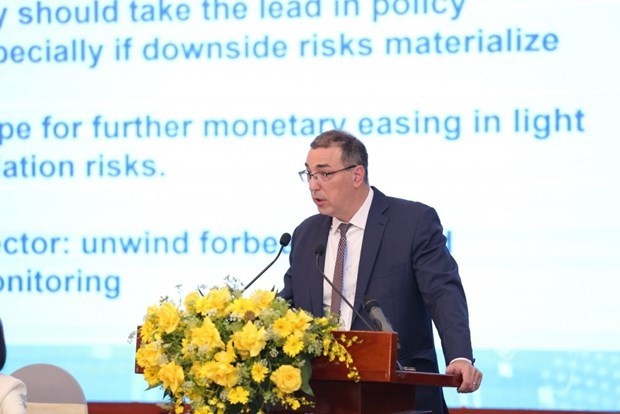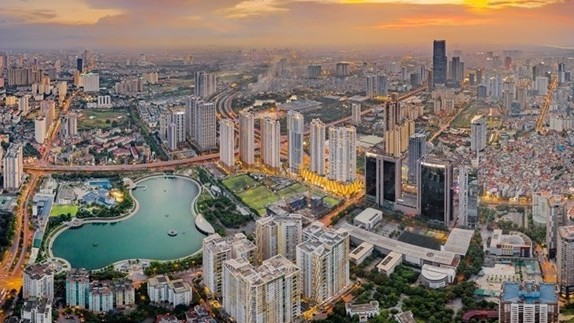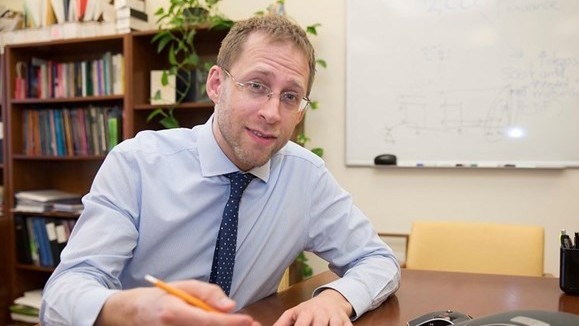
Viet Nam successfully maintains fiscal, external, financial stability: IMF
Latest
 |
| Resident Representative of the International Monetary Fund (IMF) for Viet Nam Francois Painchaud speaks at the event. (Photo: VNA) |
Speaking at a May 12 forum on the forecast for Viet Nam’s economy in 2022-2023 held by the Economy & Forecast Review, Painchaud said Viet Nam’s economy is projected to grow 6 percent in 2022 and 7.2 percent in 2023.
Inflation will rise, but it is still lower than the ceiling set by the State Bank of Viet Nam of 4 percent, the IMF representative added.
Viet Nam has issued macro-economic and fiscal policies to support households and businesses affected by the COVID-19 pandemic, including those on tax reduction and expansion.
Notably, the Programme for Recovery and Development is timely and well-placed to entrench the recovery, he said, stressing that fiscal stimulation within the programme in 2022-2023 has spurred sustainable and inclusive growth.
However, Painchaud said, the recovery is uneven, explaining that since pandemic restrictions were relaxed, economic recovery has been mainly driven by the processing and manufacturing sector and export.
The growth rate of 5 percent in the last quarter of 2021 and the first three months of this year is lower than the pre-pandemic level as domestic demand and tourism have yet to be fully recovered.
He also pointed out the high unemployment rate and lingering impacts of the pandemic on households with lower incomes and small-medium-sized businesses (SMEs).
“Growth risks are tilted to the downside while inflation risks are tilted to the upside,” he said, noting that the most immediate risks lie with geopolitical tensions and a slowdown in China.
Other risks include the tightening of global financial conditions and developments in the domestic real estate and corporate bond markets.
Given this, he suggested Viet Nam give policy priorities to entrenching the recovery, preserving financial stability and promoting inclusive growth.
Policymaking should be agile, while fiscal policy should take the lead in policy support, especially if downside risks materialise, he continued.
Medium-term policies should be revenue mobilisation, modernizing monetary policy, increasing the resilience of the banking system, and decisive structural reforms, he said.















